20.01.2022
Ratveski Bamburci: A Tradition Told Every Twentieth Day of January
Ratveski Bamburci: A Tradition Told Every Twentieth Day of January
If you start traveling through Macedonia on the first day of January, following all the traditional events in the villages and cities, believe me, you'll need to travel for the entire month to get to know all the traditions and customs celebrated by the local residents.
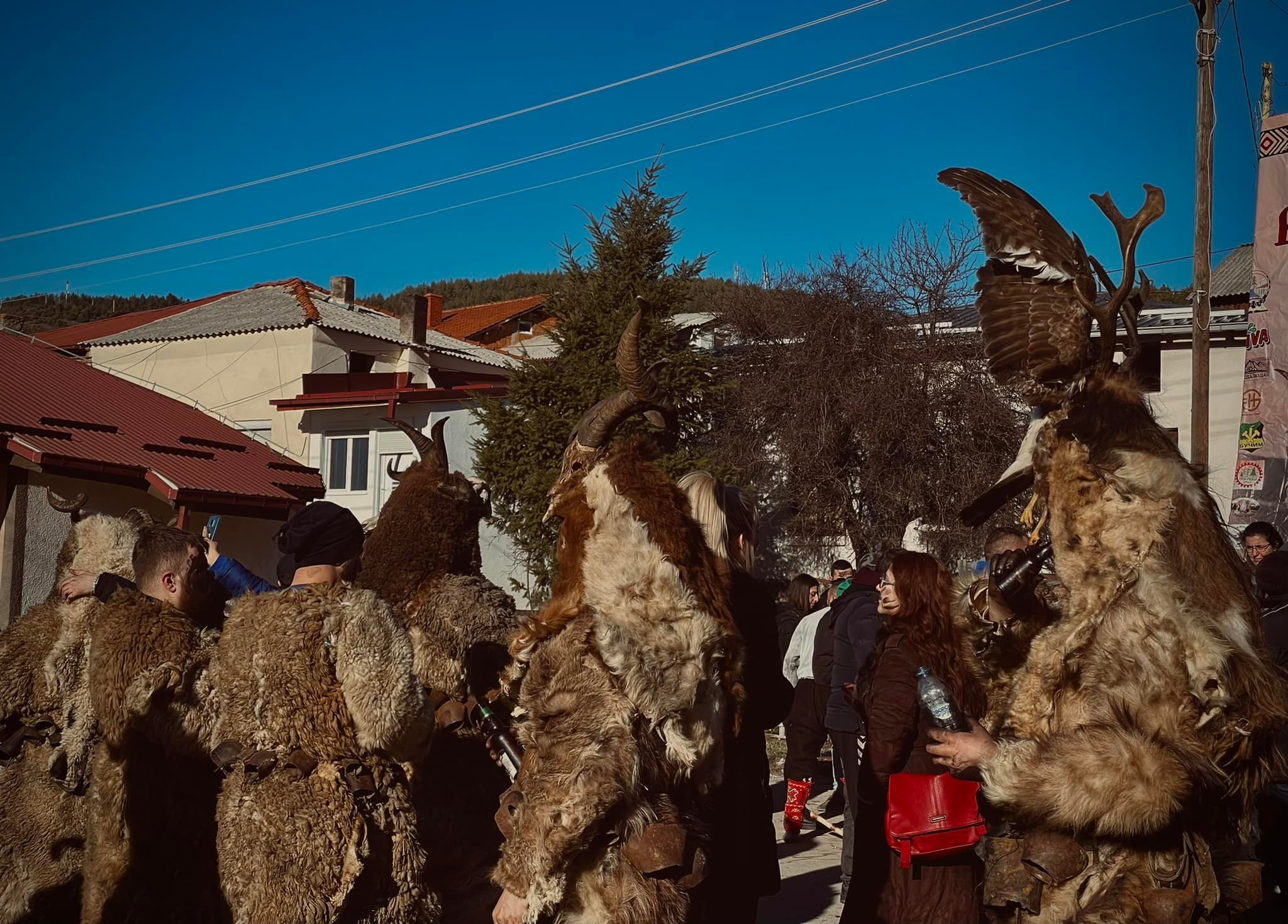
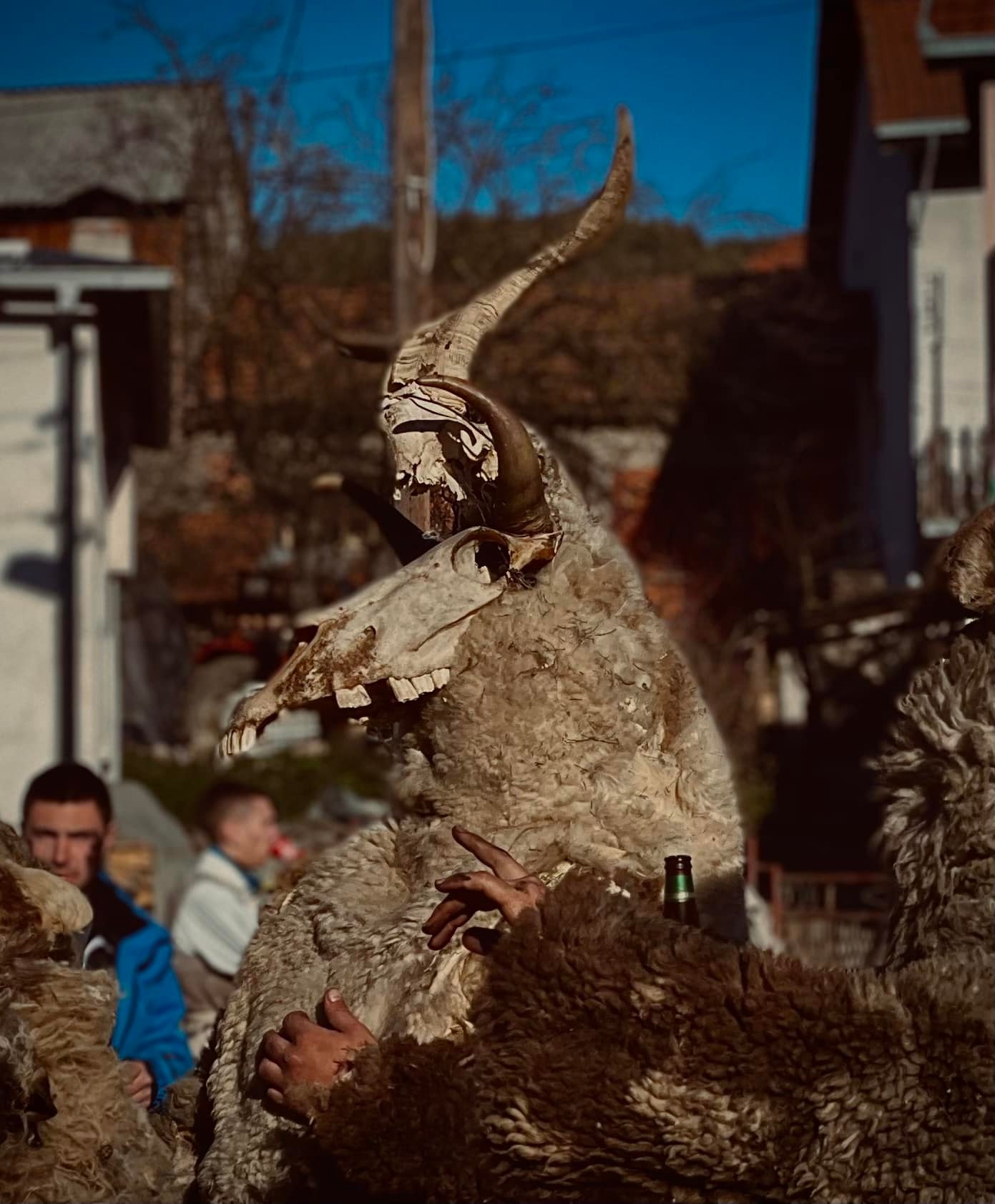
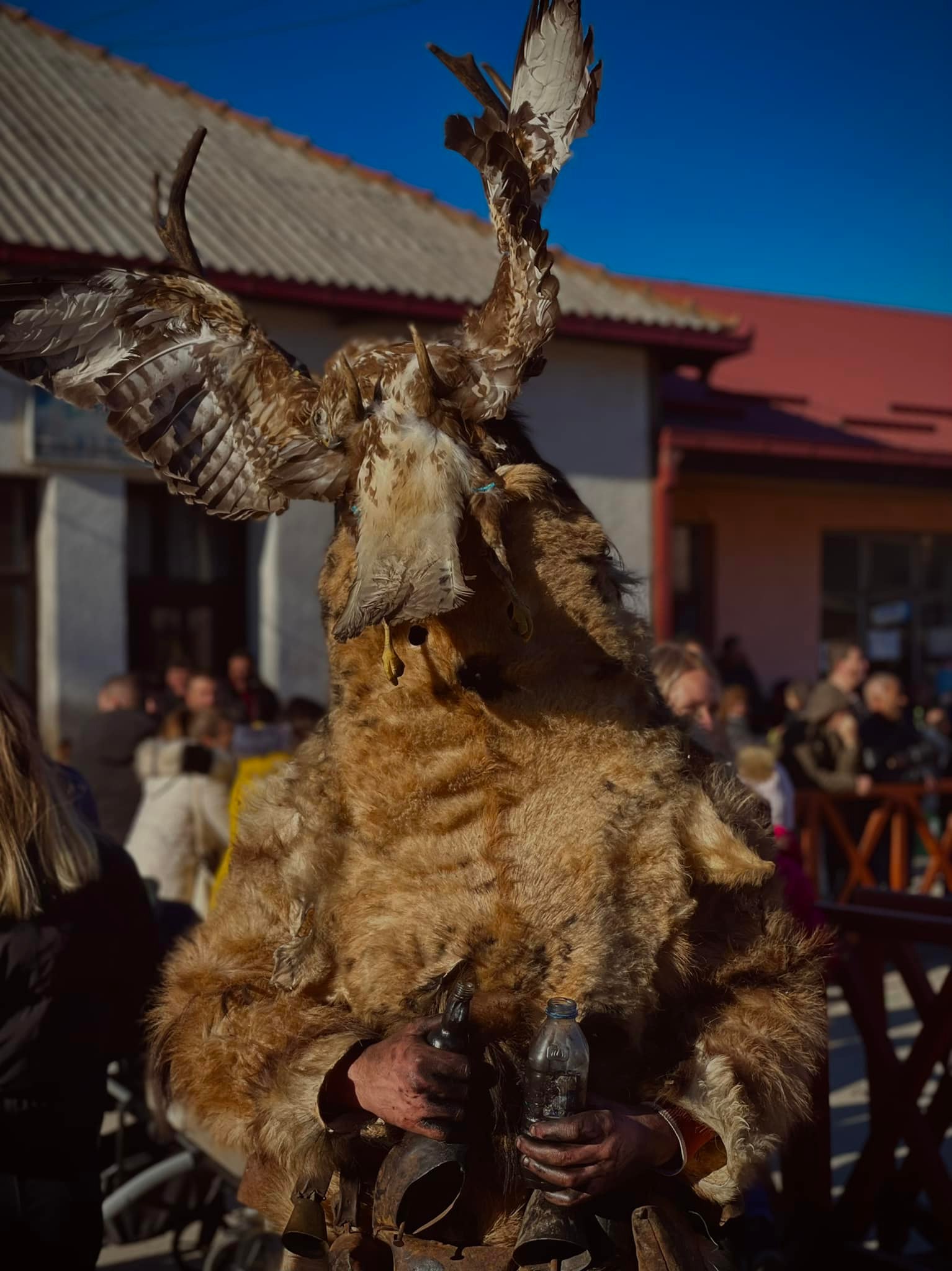
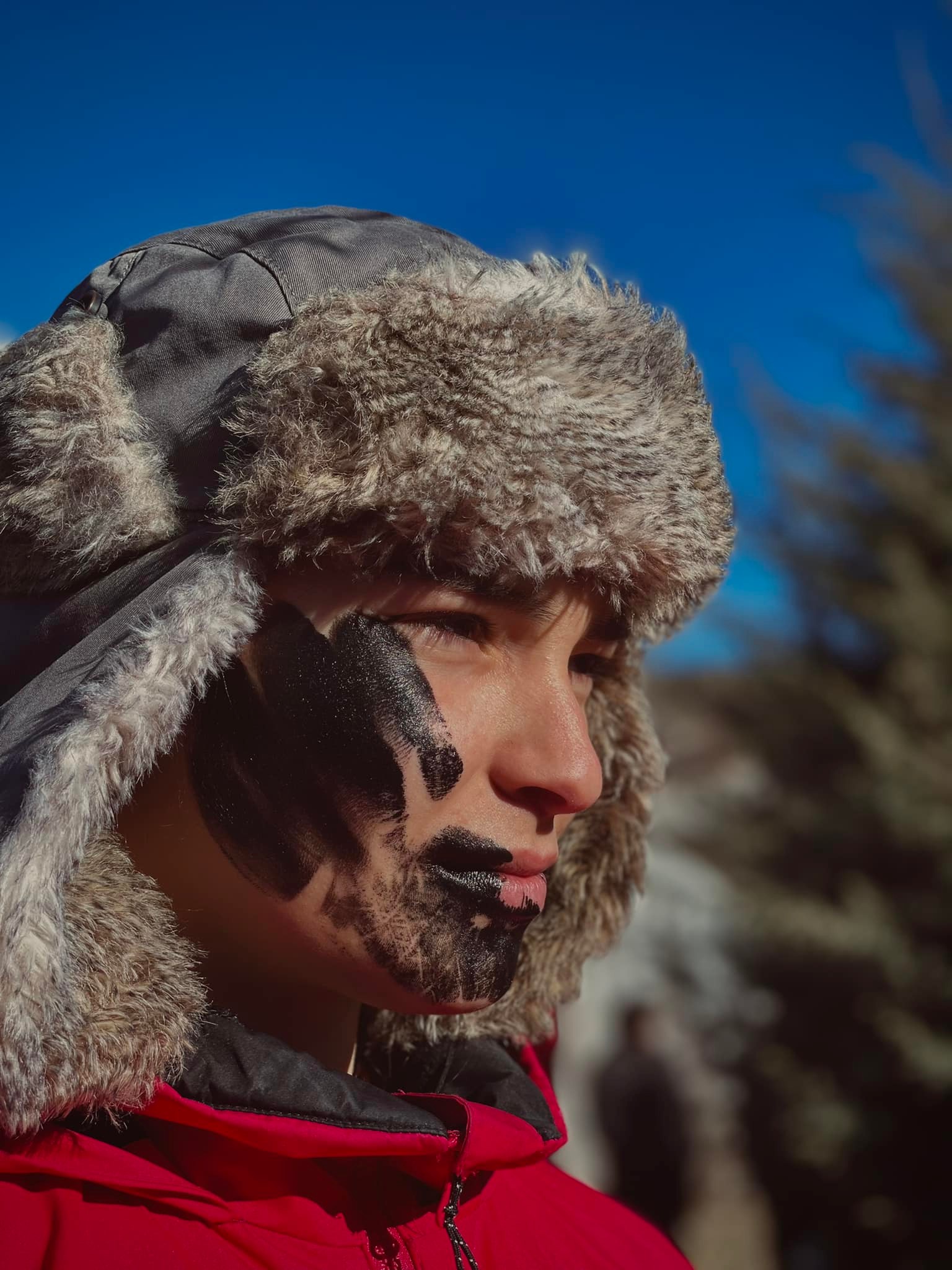
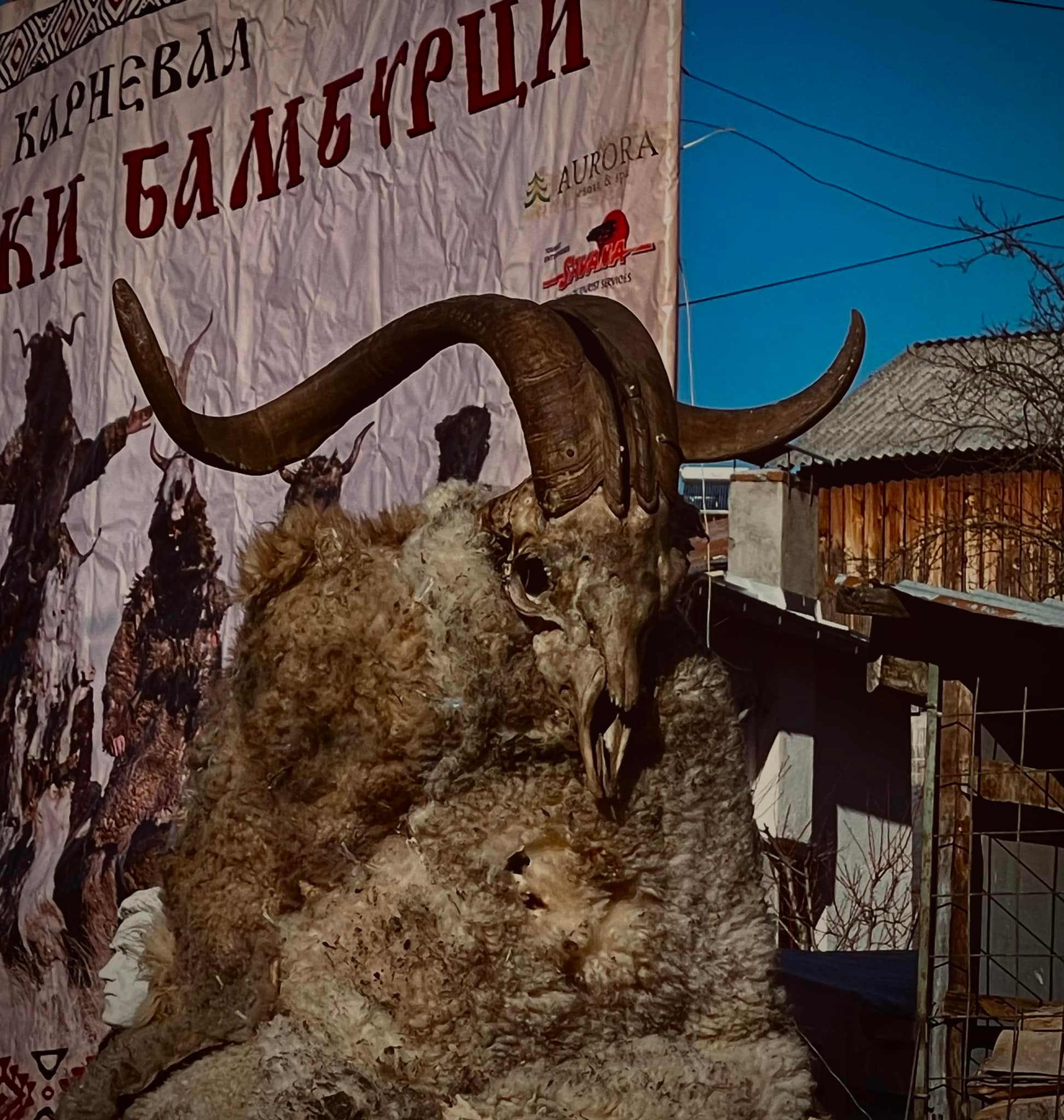
Each participant prepares a costume made of animal skin, most often from sheep or goats. In addition to sewing the skin, participants add horns, bells, and clappers to their costumes.
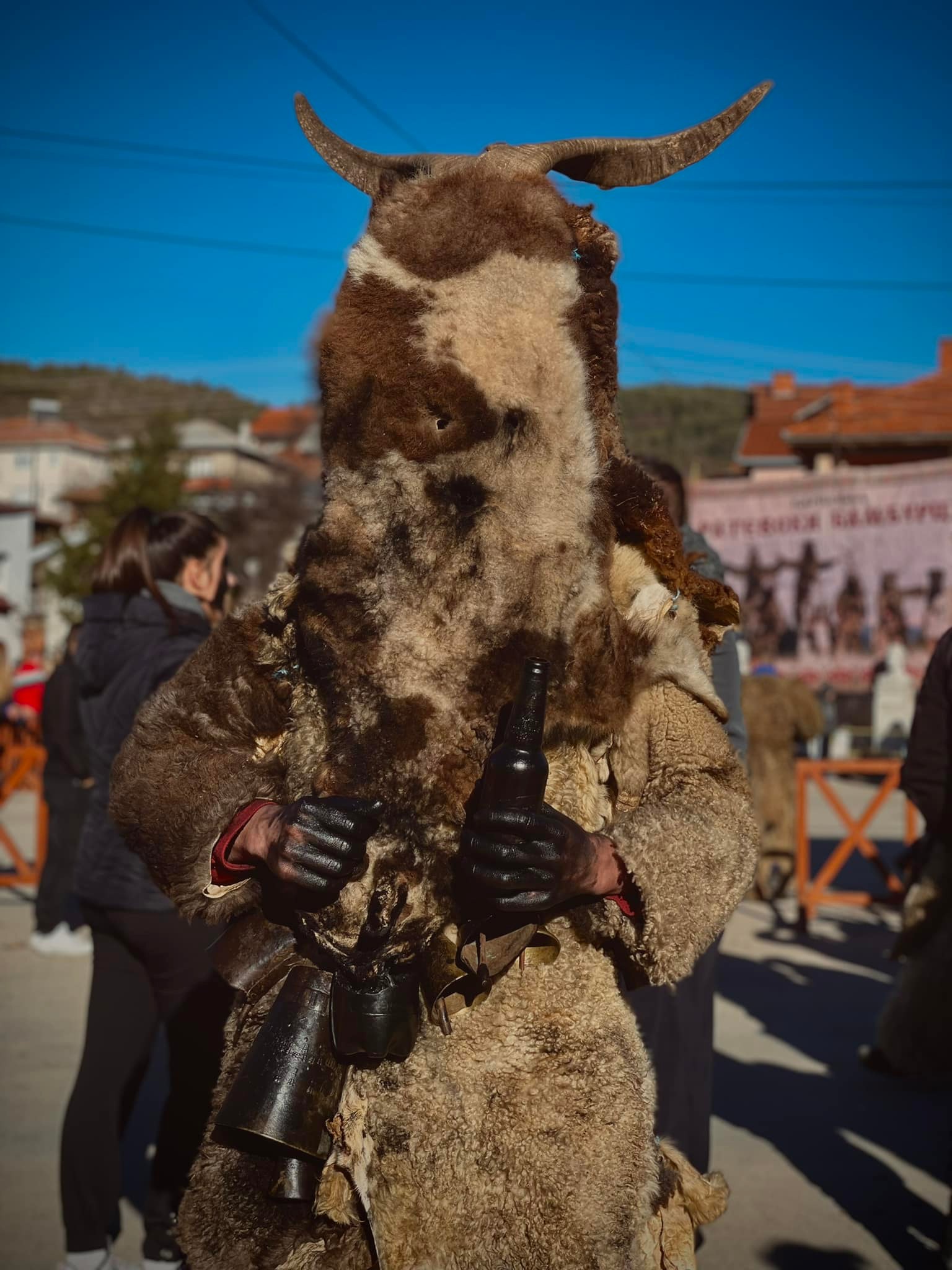
The skins are treated with salt and later dried. The entire preparation process can take up to two weeks, and some costumes can weigh as much as 70 kilograms. Anyone present at the event gets their face painted with "sazdži" (a traditional dye) if the bamboorci notice that a guest is not wearing a mask. They come and paint the person's face with black dye.
Блог
Препораки
Read More
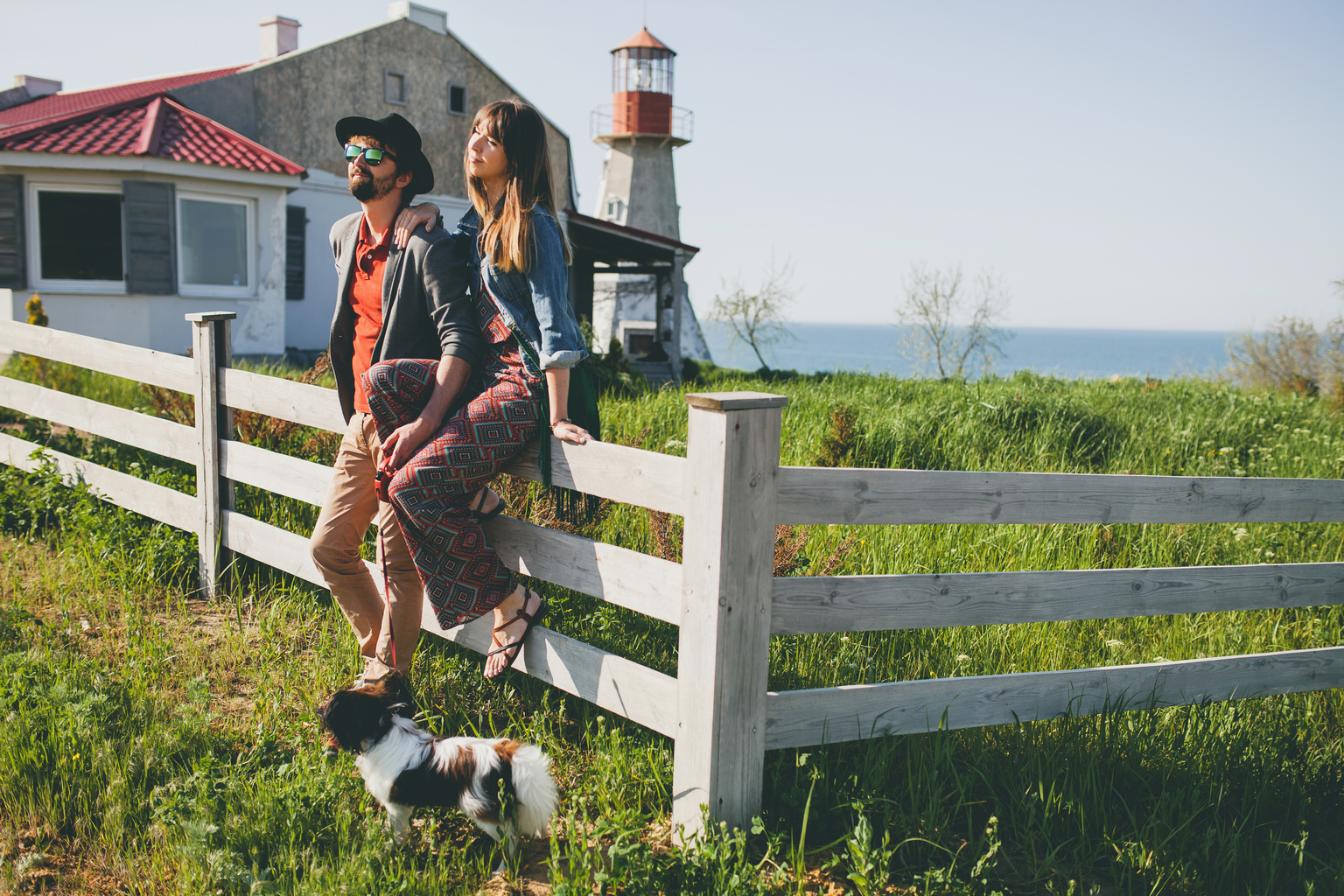
Still No Plan for St. Tryphon? Discover a Weekend Full of New Experiences with kajak.mk
Don’t wait until the last minute! Celebrate St. Tryphon with a weekend full of wine tours, romantic wooden cottages, rural experiences, and unforgettable new adventures across Macedonia.
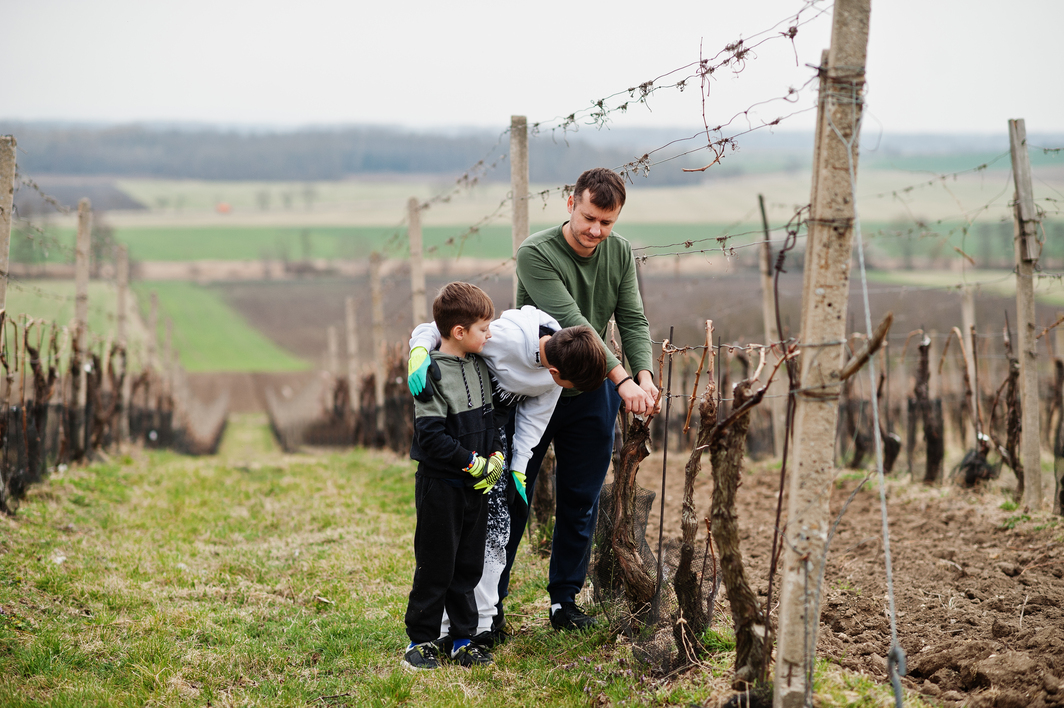
Saint Tryphon – Wine Traditions and Vineyard Blessings
Discover who Saint Tryphon is, why he is the patron saint of winemakers, and how his feast is celebrated in Macedonia with traditions, customs, and wine culture.
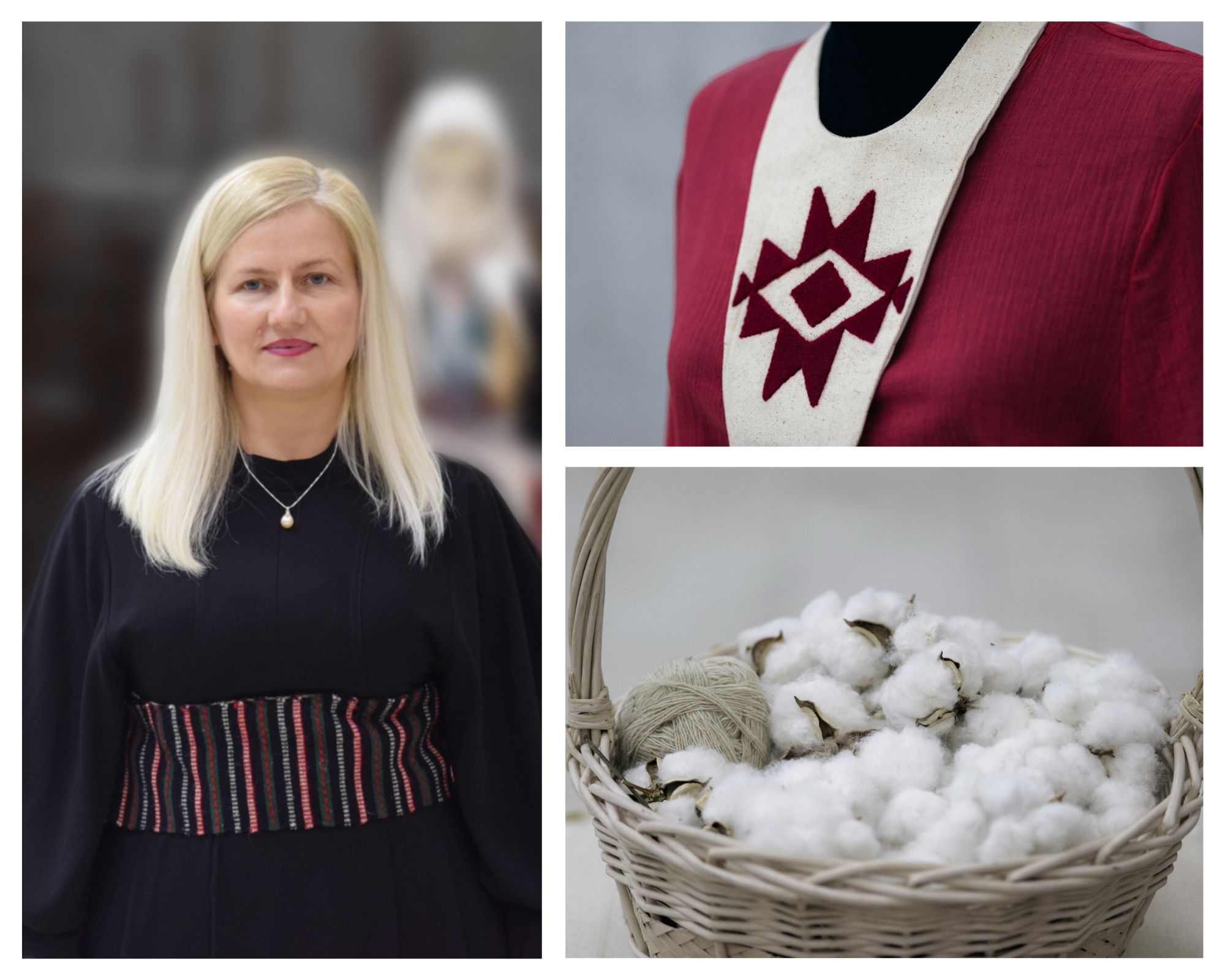
Marina Grows Cotton and Crafts It into Clothing
Meet Marina, an artist creating textiles, clothing, and jewelry from sustainable materials. Her work blends tradition, natural resources, and a commitment to people and the planet.
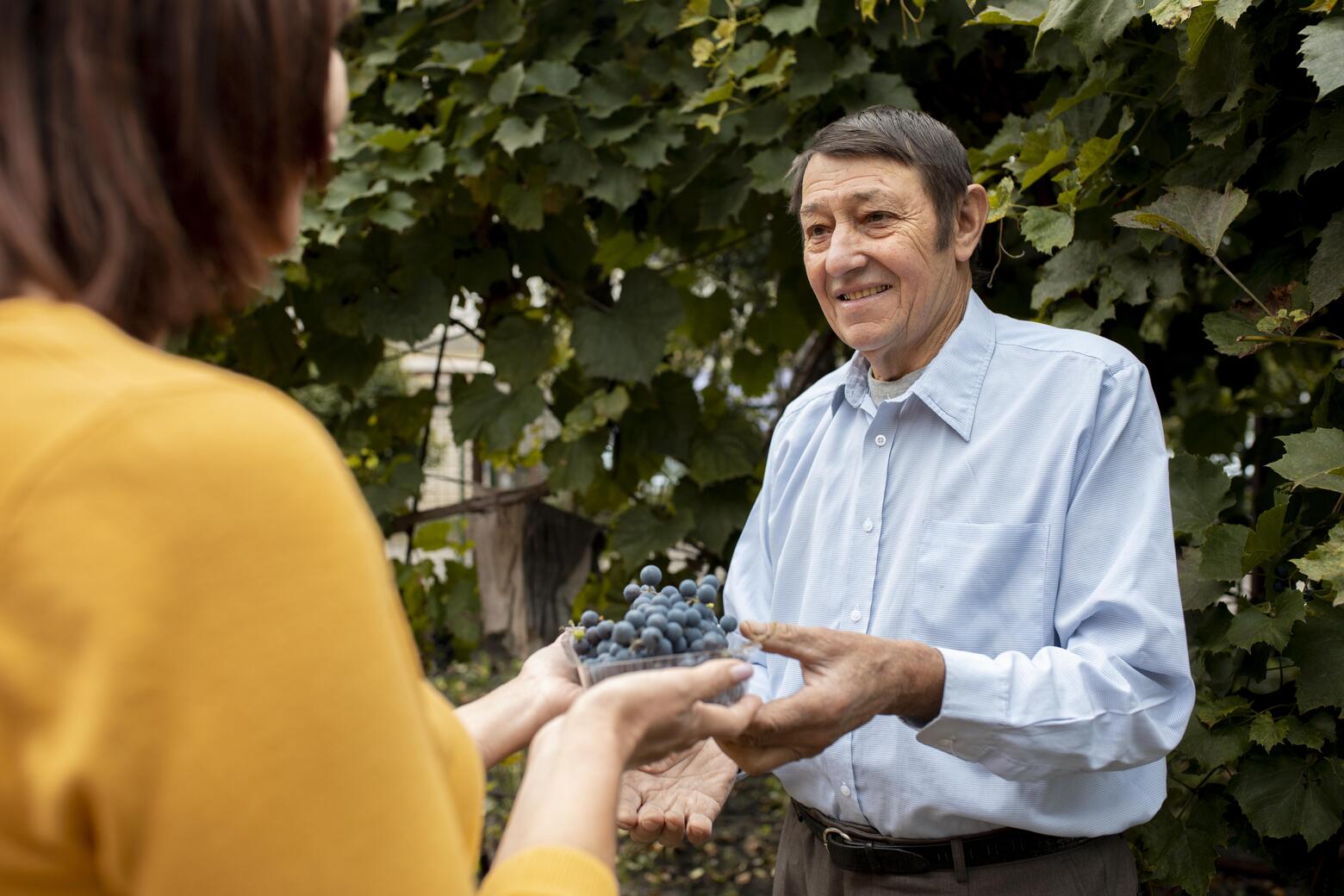
Alternative Tourism in Macedonia: How Local Experiences Are Changing the Way People Travel
Alternative tourism in Macedonia with a focus on local experiences, authentic adventures, and human stories. Discover a new way to travel.
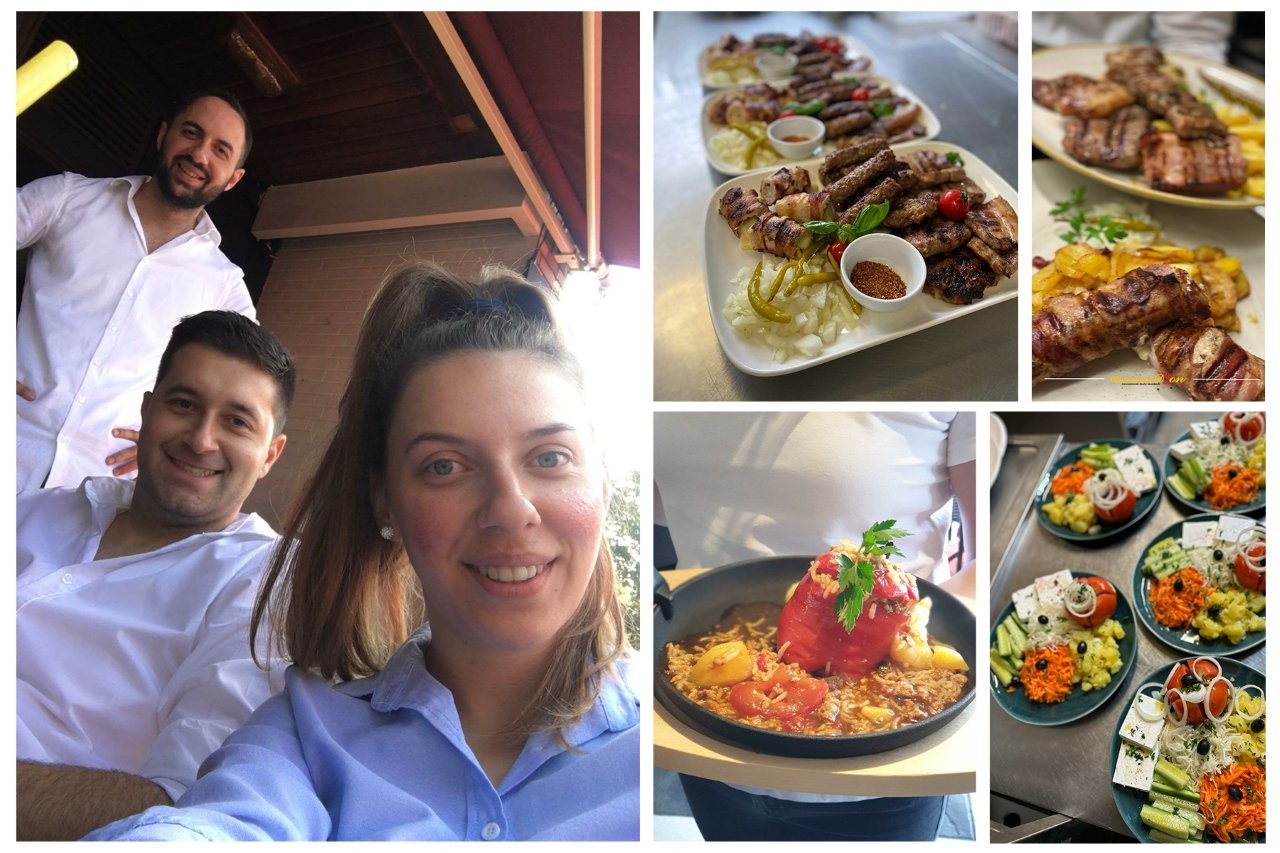
A Macedonian Family Wins Over Germany with Food and Hospitality
Од Струмица до Леверкузен: семејна приказна за храброст, вкус и успех. Приказните за успешните македонци достапни на Кајак.мк и Macedonia Abroad.
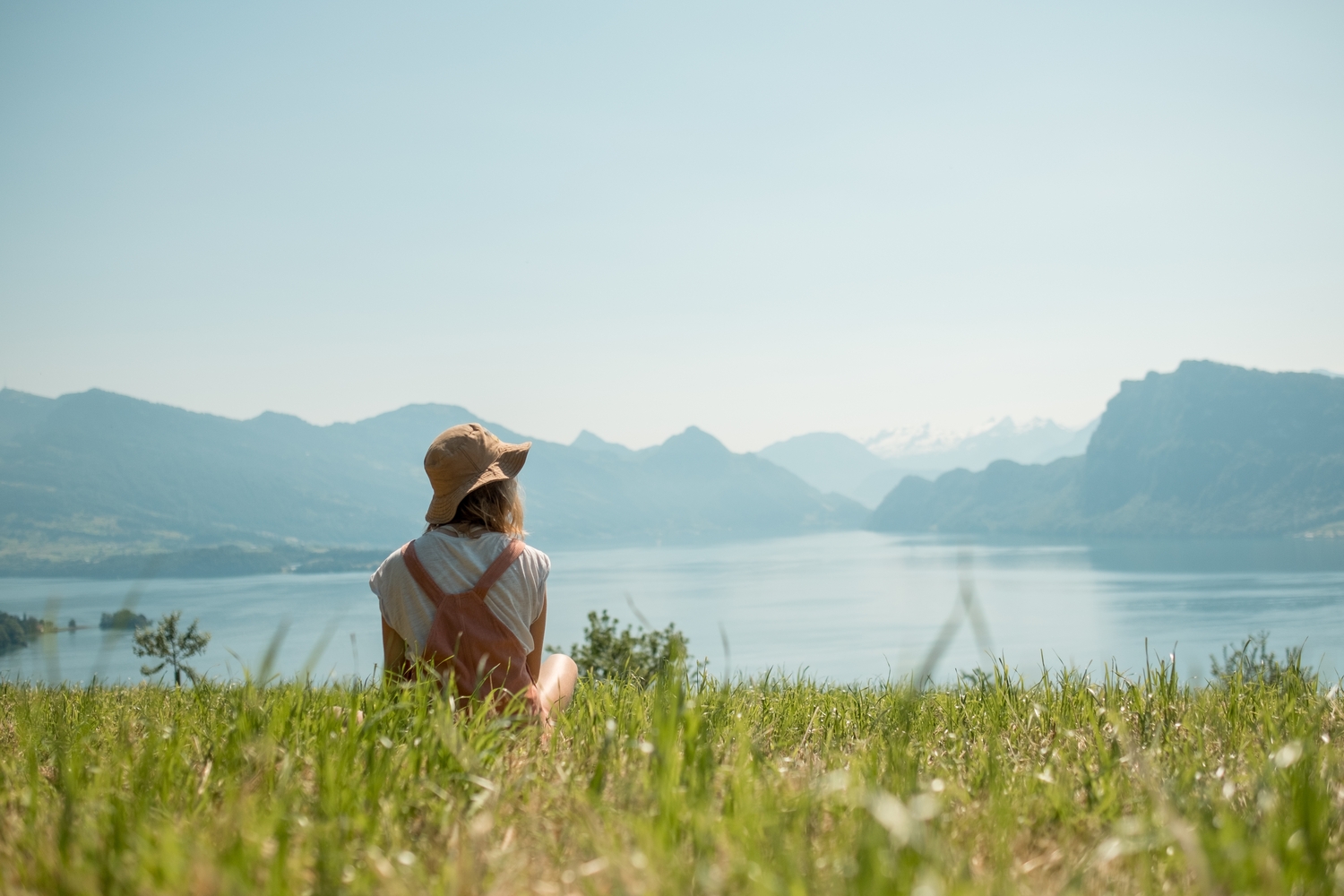
Anti-Instagram Macedonia: Destinations Off the Trend, Chosen by Conscious Travelers
Discover the concept of Anti-Instagram tourism in Macedonia – travel without crowds, filters, or staged experiences. An analysis of the new traveler profile.